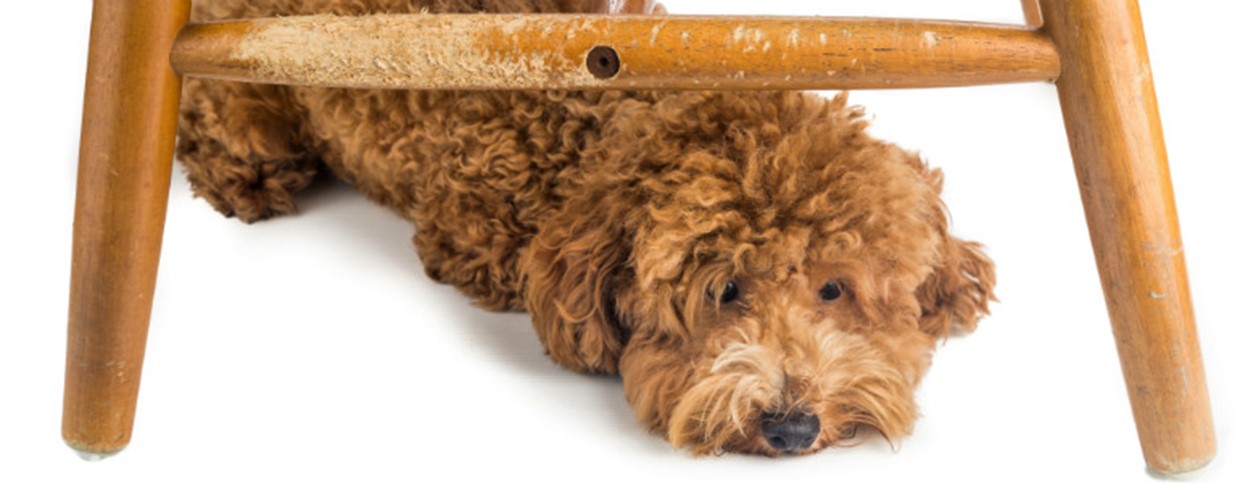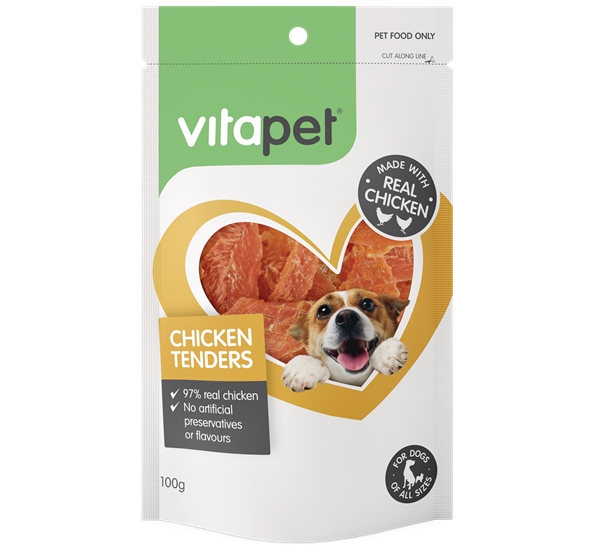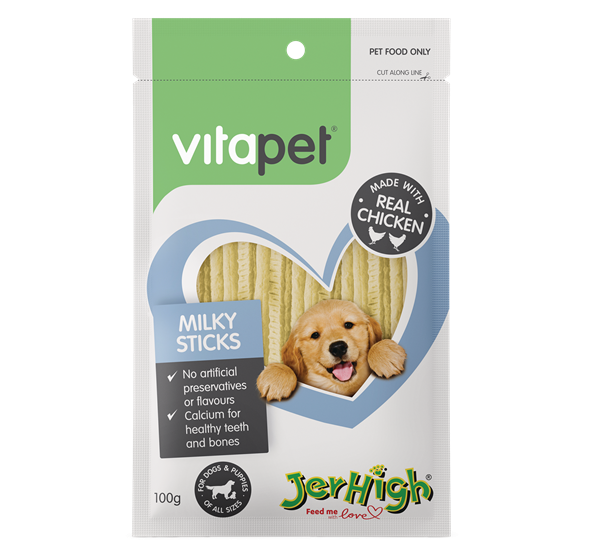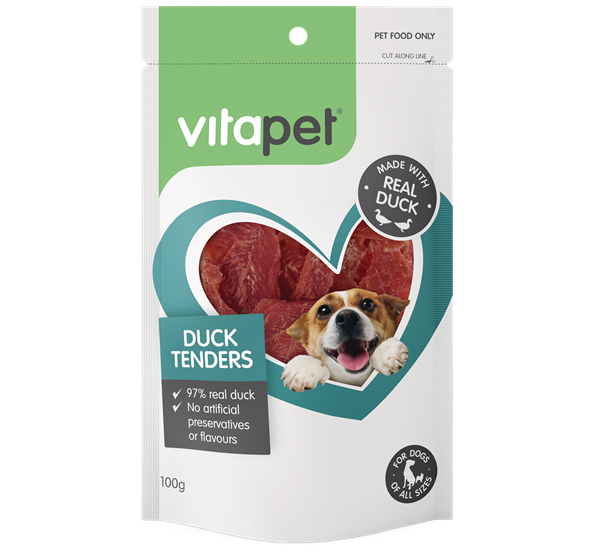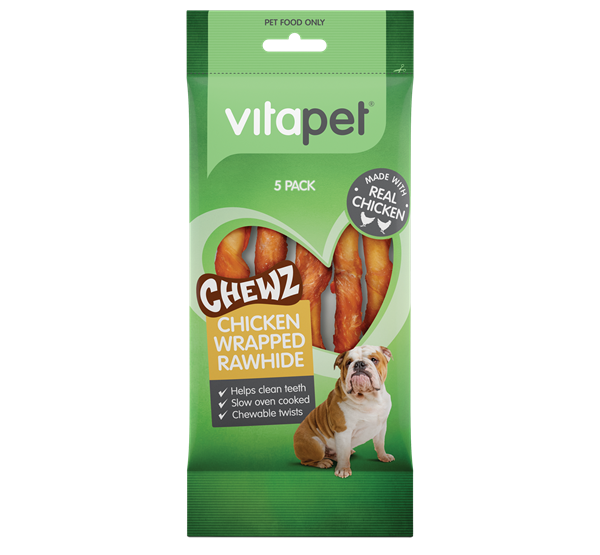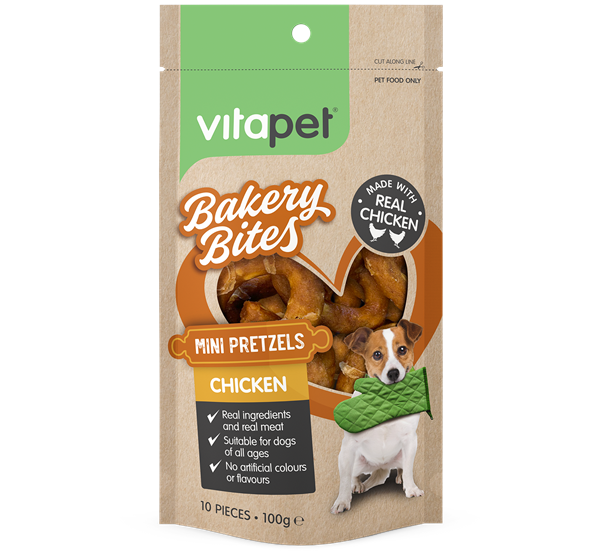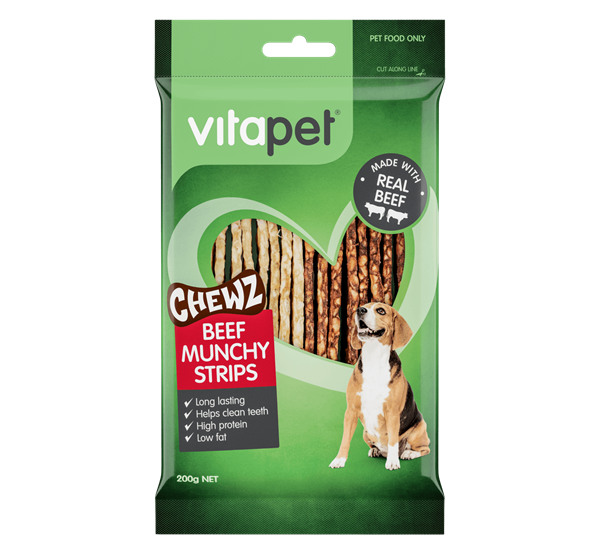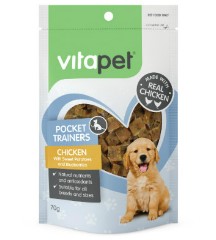Chewing is a normal behaviour in puppies. Besides assisting puppies to eat and consume their food, chewing helps puppies explore the world around them, relieves teething and boredom and plays an important role in the development of jaw strength. For these reasons it’s considered a self-reinforcing (rewarding) behaviour.
Puppies typically enjoy chewing on a variety of items, such as long lasting treats and chew toys. However sometimes puppies might chew on inappropriate items like plants, clothing, sticks, hoses and furniture. Destructive chewing can cause significant damage so it’s important to know how to prevent it.
To stop, or at least minimise, unwanted chewing it’s important that puppies are provided with plenty of opportunity to chew on appropriate items.
This involves providing things like chew toys and chew treats and rewarding your puppy with lots of praise and even special treats, whenever they chew appropriately. Try not to leave items lying around the house that might tempt your puppy. Garden hoses, shoes and clothing should be kept out of reach, at least until your puppy has passed the teething stage.
If you catch your puppy chewing something they shouldn’t try offering them an appropriate item like a chew toy or chew treat instead. Then reward them for chewing appropriately. You can also teach your puppy how to voluntarily “give” you the item rather than chasing them around and trying to retrieve it. Doing this can be a fun game for the puppy and encourage the behaviour. It can also result in the development of resource guarding which you want to avoid if possible. Instead, offer your puppy a high value treat when they’re chewing an inappropriate item. Once the puppy drops the item, throw the treat a metre or two away and immediately retrieve the item. When the puppy comes back to you ask them to sit and reward them again.
With time, consistency and repetition, your puppy will learn to chew on appropriate items. If they do chew on something inappropriate, you’ll be able to safely retrieve it without a fuss.
You can also try preventative sprays such as this.
If chewing becomes excessive, even past the teething phase, it may indicate an underlying issue such as separation anxiety.
Speak with your vet if you have any concerns.











